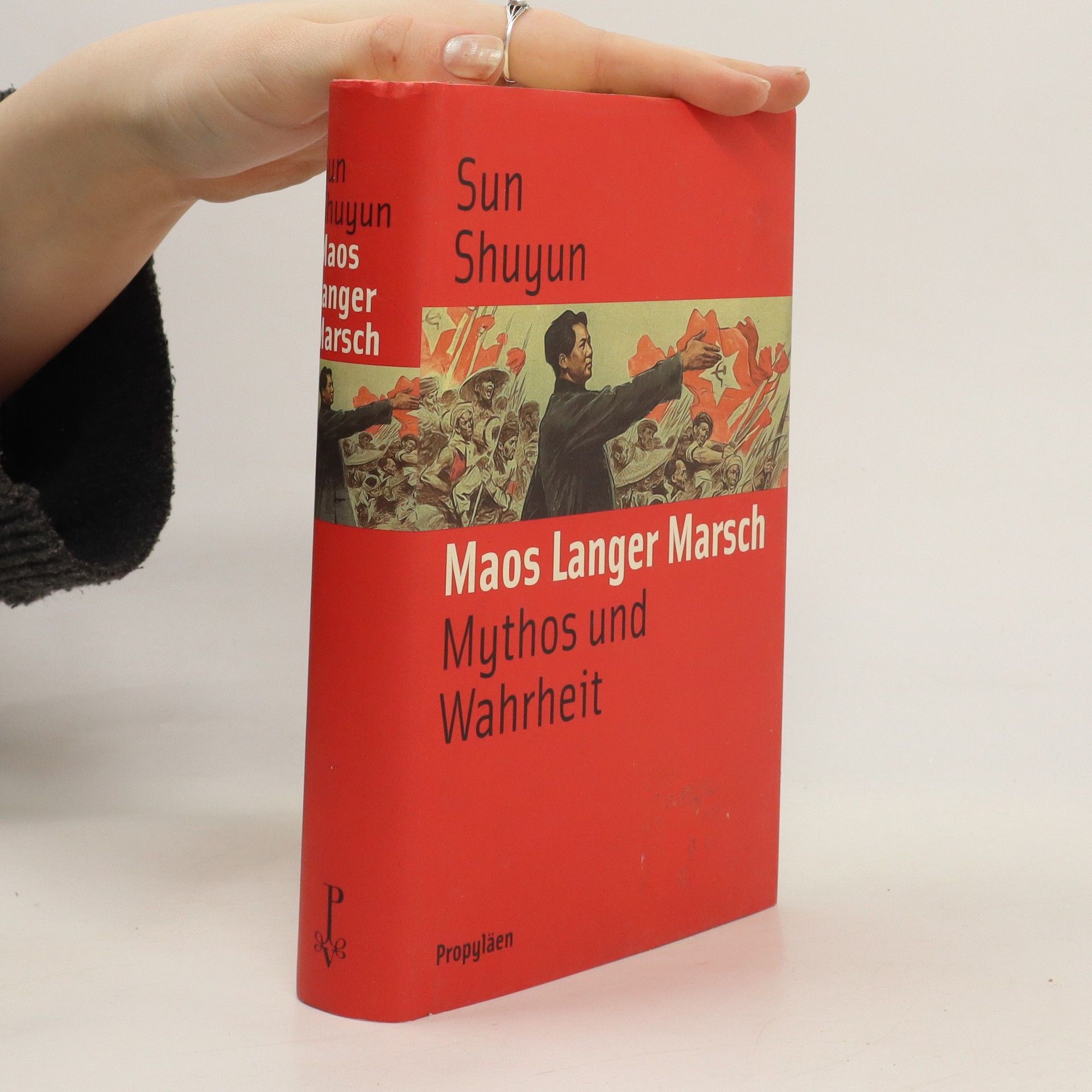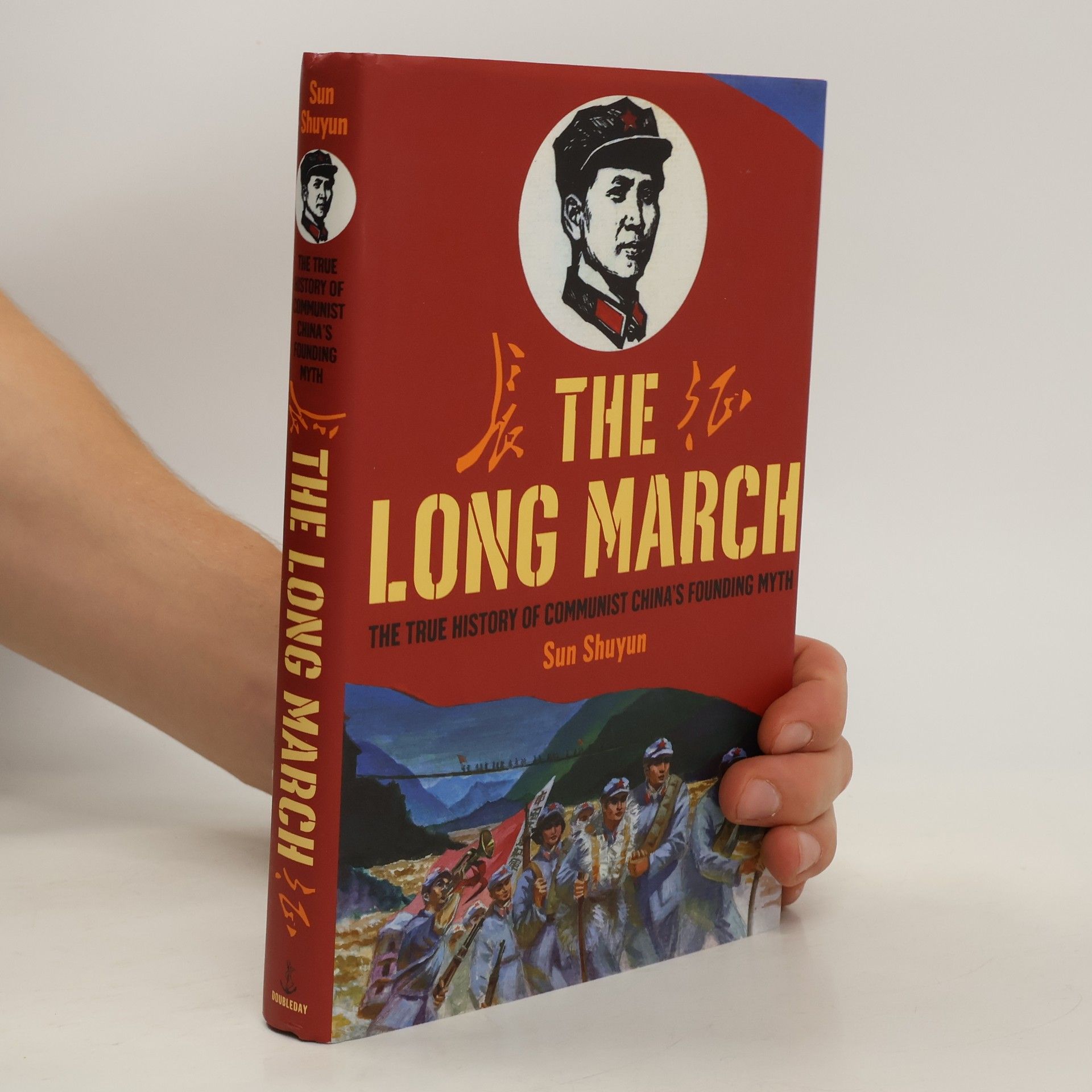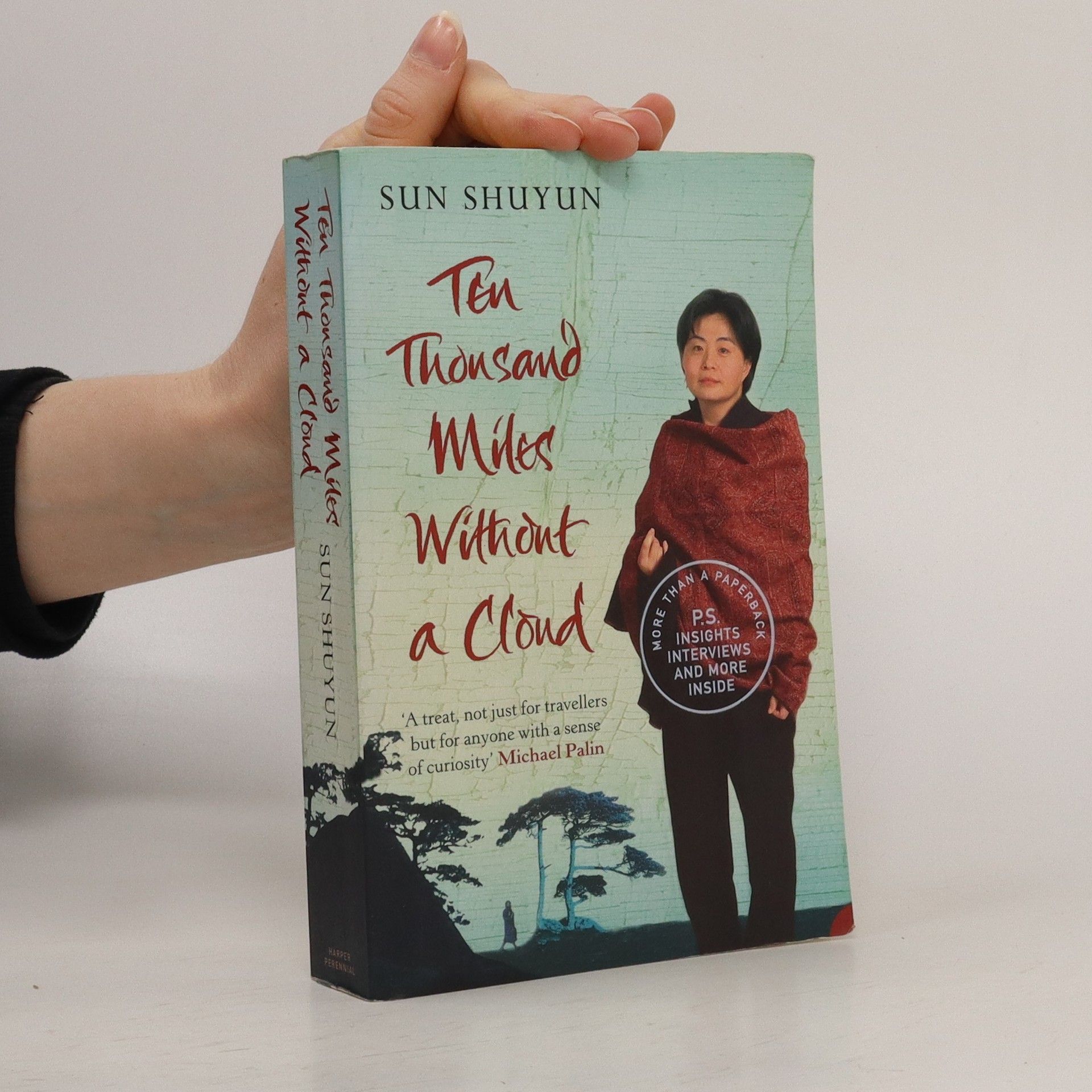Ten Thousand Miles Without a Cloud
- 256 stránek
- 9 hodin čtení
An account of Sun Shuyun's journey to retrace the steps of one of the most popular figures in Chinese history: the monk Xuanzang, who travelled to India searching for true Buddhism.
Sun Šu-jün je autorkou, která se ve své práci zabývá složitostí čínské společnosti a její historií. Její dokumentární filmy, které produkovala pro přední světové stanice, ukazují její hluboký zájem o porozumění různým kulturám. Prostřednictvím svého psaní se snaží osvětlit jedinečné lidské zkušenosti a zprostředkovat složité společenské jevy.



An account of Sun Shuyun's journey to retrace the steps of one of the most popular figures in Chinese history: the monk Xuanzang, who travelled to India searching for true Buddhism.
The Long March is Communist China's founding myth. Seventy years afterwards, Sun Shuyun set out to retrace its steps and discovered the true history behind the legend. The facts: in 1934, in the midst of civil war, the Communist party and its 200,000 soldiers were forced from their bases by the Nationalists. After that, truth and legend begin to blur: led by Mao Zedong, the Communists set off on a strategic retreat to the distant barren north of China, thousands of miles away. Only one in five reached their destination, where, the legend goes, they gathered strength and returned to launch the new China in the heat of revolution. Sun journeys to remote villages along the route, interviews aged survivors and visits local archives. She uncovers shocking stories of starvation, disease, and desertion, of ruthless purges, of thousands of futile deaths. Many who survived the March report that their suffering continued long after the "triumph" of the revolution, culminating in the horrific years of the Cultural Revolution.--From publisher description
Mythos und Wahrheit
Sun Shuyun führt uns zurück in das China der Jahre 1934/35, ein von Bürgerkrieg und japanischer Besetzung zerrissenes Land. Von der nationalistischen Kuomintang bedrängt, entschließt sich die Führung der Kommunistischen Partei zum Rückzug in die unwegsamen Nordwest-Provinzen. Innerhalb eines Jahres legen 90 000 Rotarmisten in entbehrungsreichen Gewaltmärschen 12 500 Kilometer zurück, nur 8 000 erreichen das Ziel, den Bezirk Yan’an an der Grenze zur Mongolei. Sun Shuyun hat mit Veteranen des Marsches gesprochen und lokale Archive aufgesucht. Meisterhaft gelingt es ihr, die Leidenschaft und Opferbereitschaft der Teilnehmer, aber auch ihre Verzweiflung und Wut angesichts des hohen Blutzolls und der fragwürdigen Entscheidungen der Führung um Mao Zedong lebendig werden zu lassen.